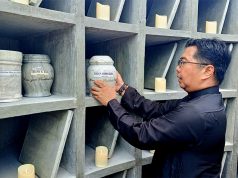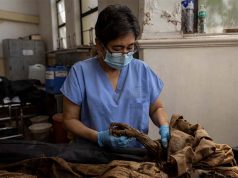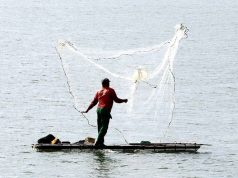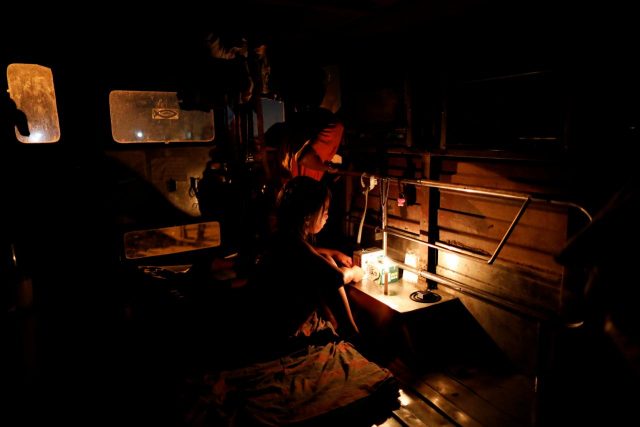
MANILA, Philippines — As night falls in Manila, few of the 700 families living in the sprawling portside community town known as Market 3 dare to venture out of their homes.
The crime-ridden maze of sheet metal, crumbling cement and wooden boards has become a frontline of the bloody war on illegal drugs that has defined Rodrigo Duterte’s presidency since it was unleashed in June 2016.
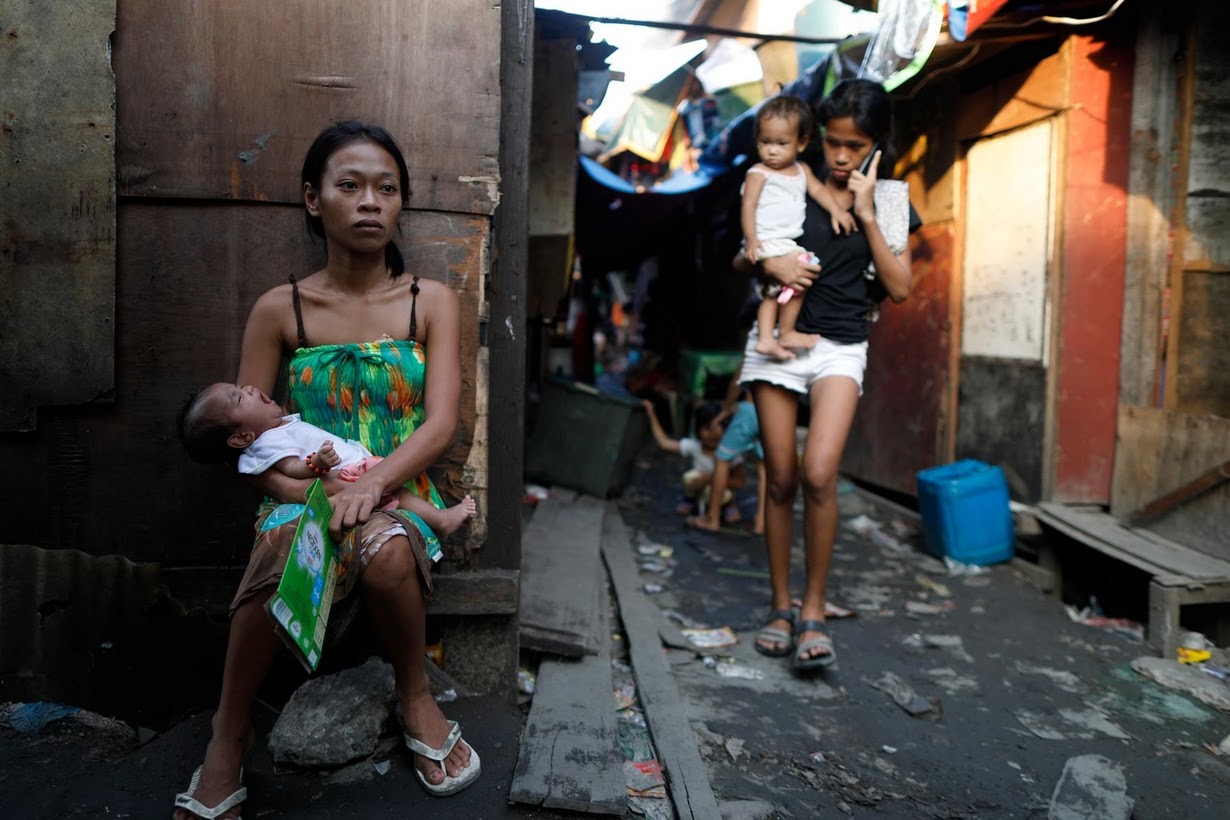
Dozens of Filipinos who lived along the slum’s narrow dirt-floor alleys have wound up dead. The community lives in fear of masked or mystery men dragging away slum dwellers, or police and their notorious “Tokhang” operations, where officers are required to knock on doors of suspected dealers to urge them to surrender. But those visits have been fatal.
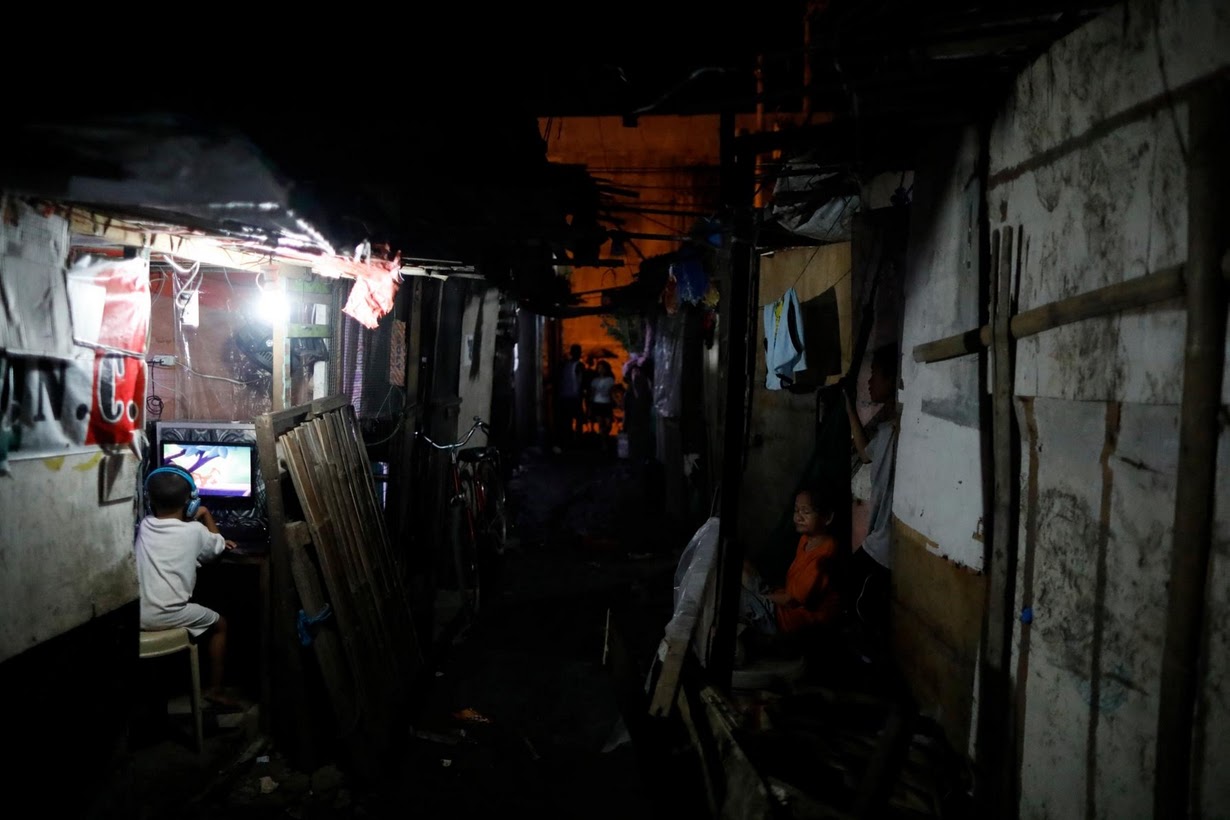
“Many people have left. They leave because of Tokhang,” said Nenita Bravo, a 56-year-old Market 3 resident.
“We can’t really count them anymore,” she said, referring to those killed, adding that she had witnessed many killings in the area. “We can’t really count them because there’s been so many.”
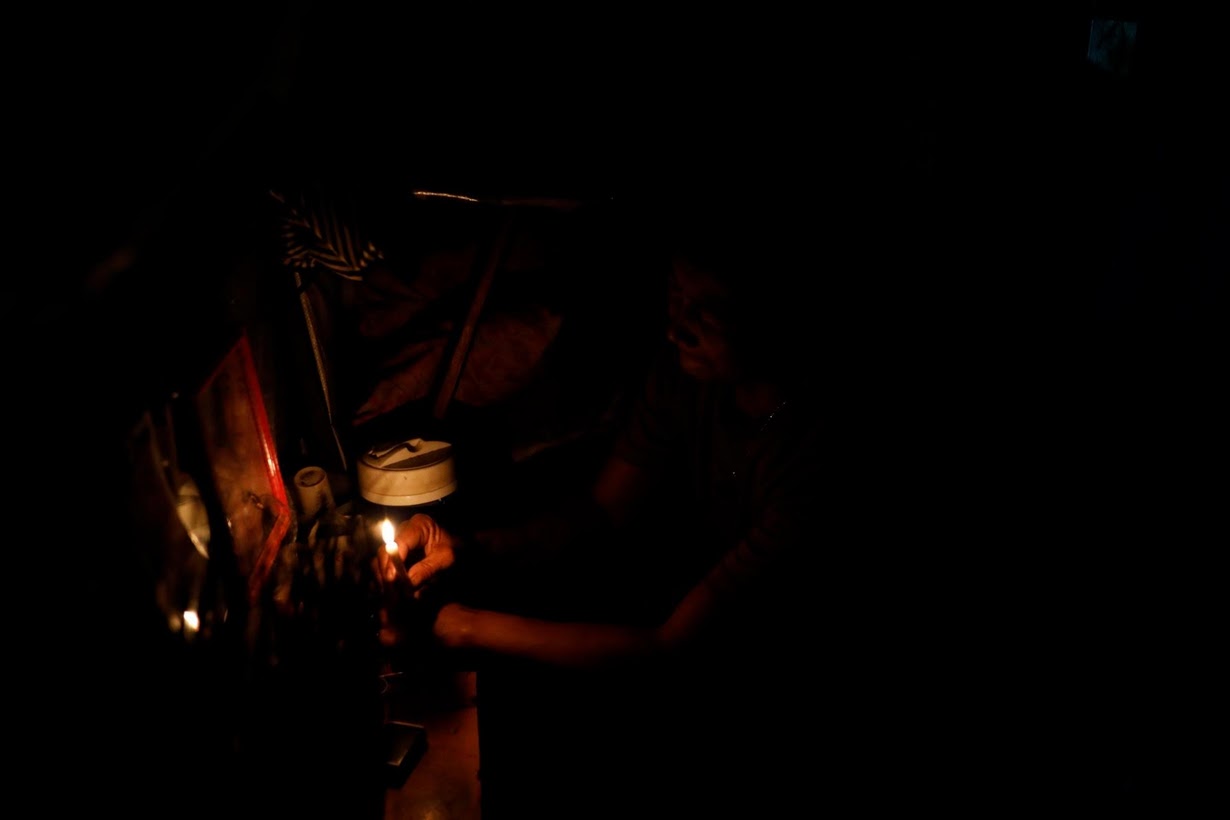
Bullet-ridden corpses are found hours or even days later, often just a few minutes away, although police say there have been no illegal killings in their anti-drug campaign.
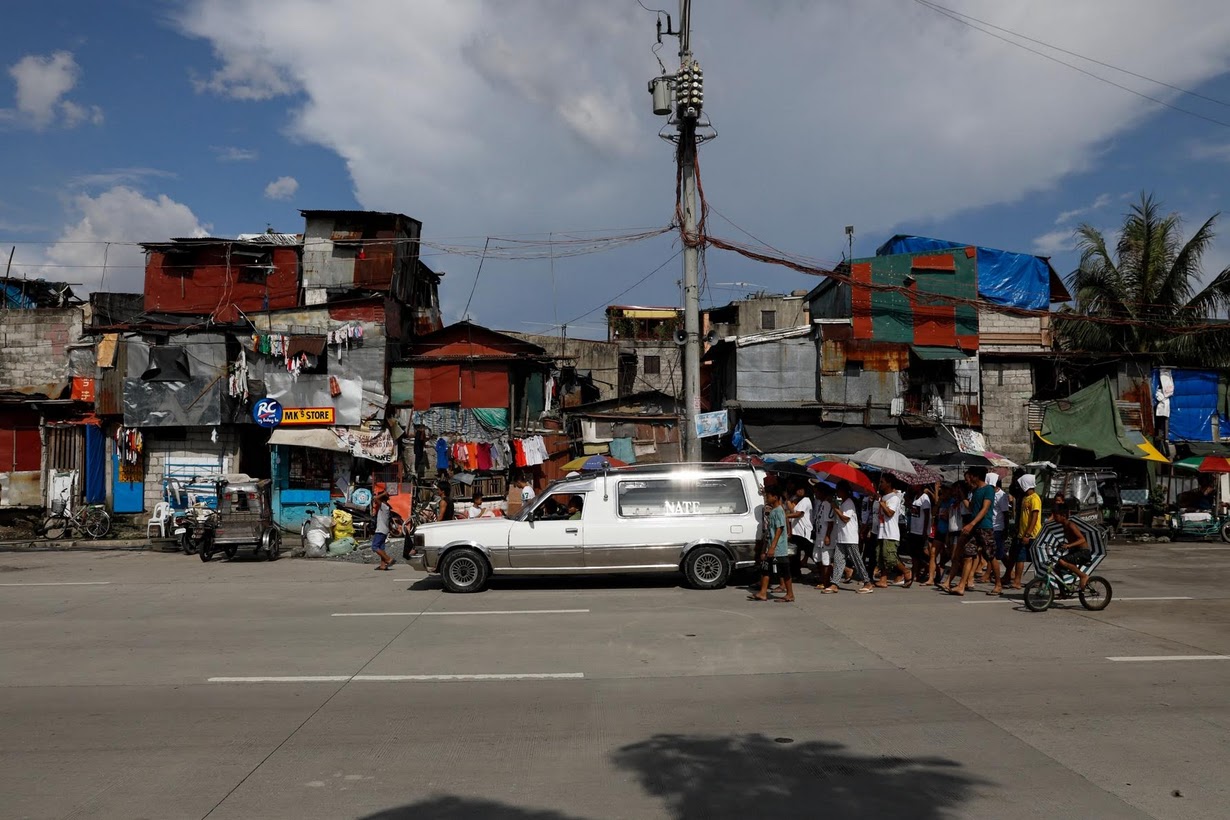
Yet the frequent police operations and shadowy murders have hit the slum hard and those who live there say more blood has been spilled since he was elected president on the promise to wipe out drugs and crime in six months.
“Since Duterte came, that’s when there was a rise in killings. It was pitiful, especially so for the many women killed,” said Visitacion Castellano, 73, a long-time resident of Market 3.
“They should have given them years. Put them in jail. But not kill.”
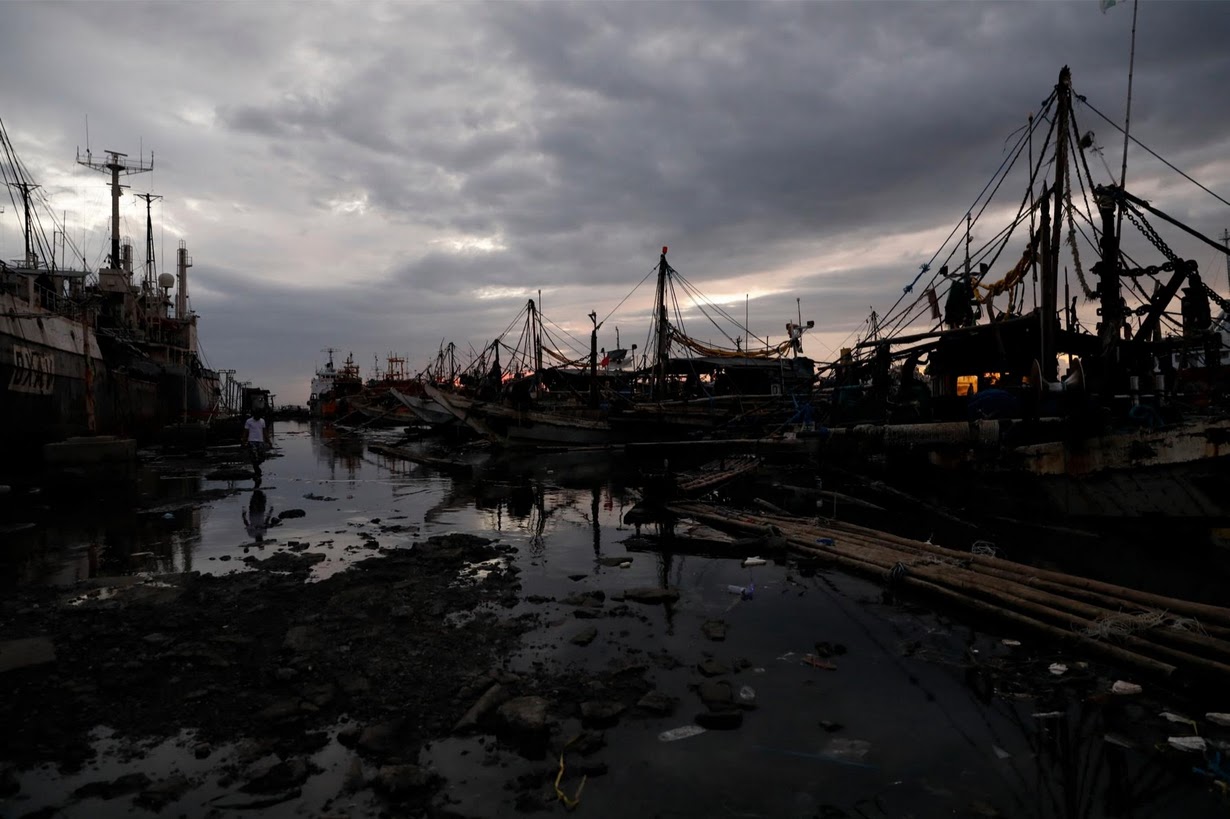
In Spanish colonial times, Navotas, as the area was known before the patchwork of shanty communities emerged, was the home of a middle class that lived off the sea, either as owners of fishing boats or shipbuilders.
Now employment is in short supply, with men jumping from one informal job to the next, such as scavenging or unloading fish from returning trawlers.
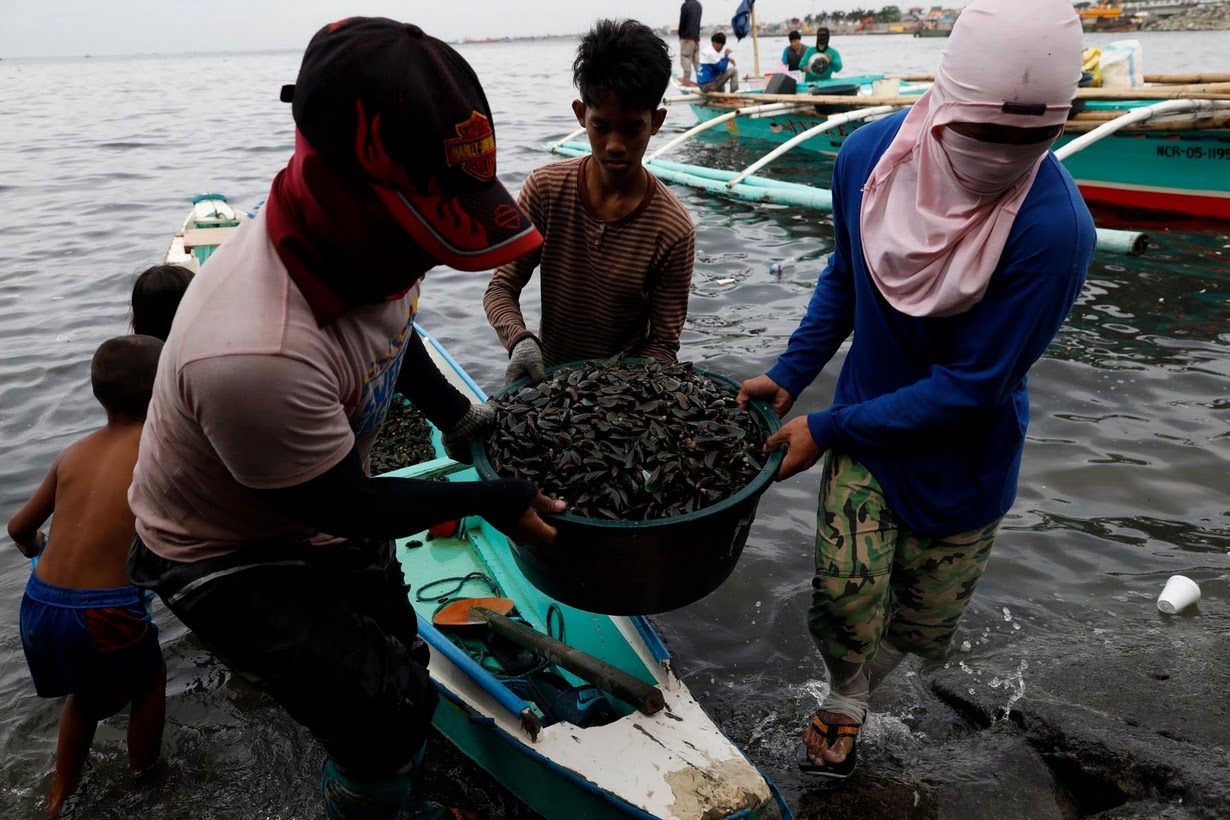
Although life is hard, people get by, but there is never enough.
Scarcity fuels desperation and the desperate turn to petty crime, or dealing and using drugs, mostly “shabu”, the methamphetamine Duterte says could destroy a generation of Filipinos.
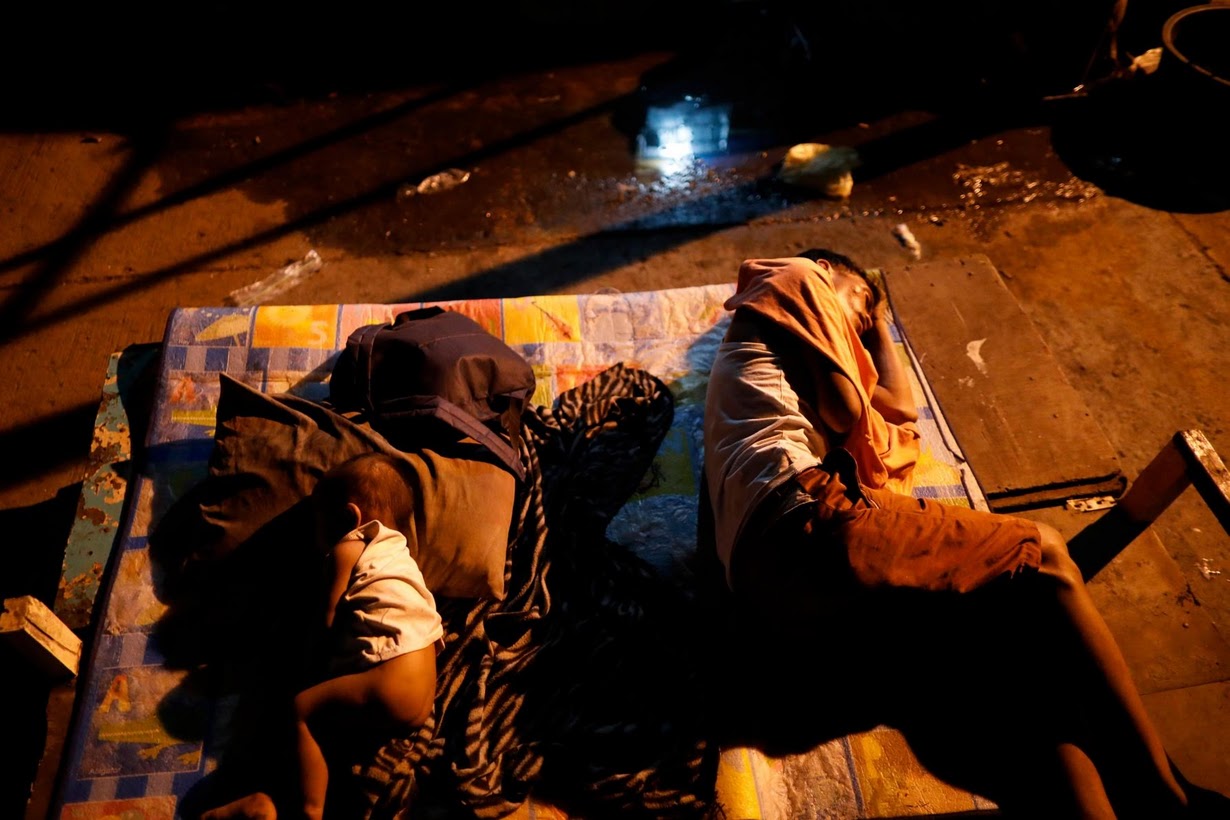
One 28-year-old man who spoke to Reuters was among those who sold and used shabu.
During one of the deadliest chapters of the drugs war in August 2016, he said his partner and mother of his five children was murdered, her body found riddled with bullet wounds in the head and chest.
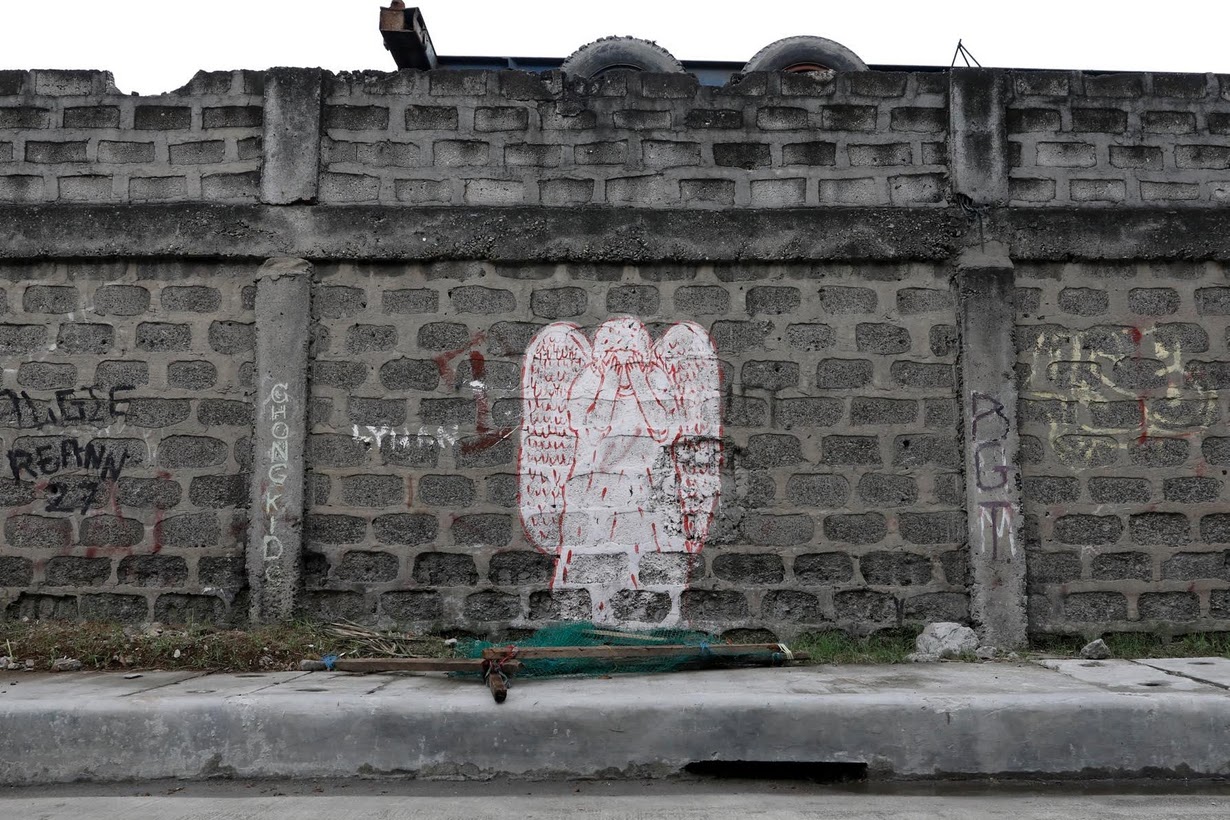
Desperate times
The former drug user, who refused to give his name for fear of reprisals, then fled Market 3 and says many of his friends did the same, or are now dead. He even tried, unsuccessfully, to take his own life, he said, by hanging himself with his belt.
The man is in poor health, skinny and coughing frequently due to tuberculosis. Nuns now take care of his youngest children.
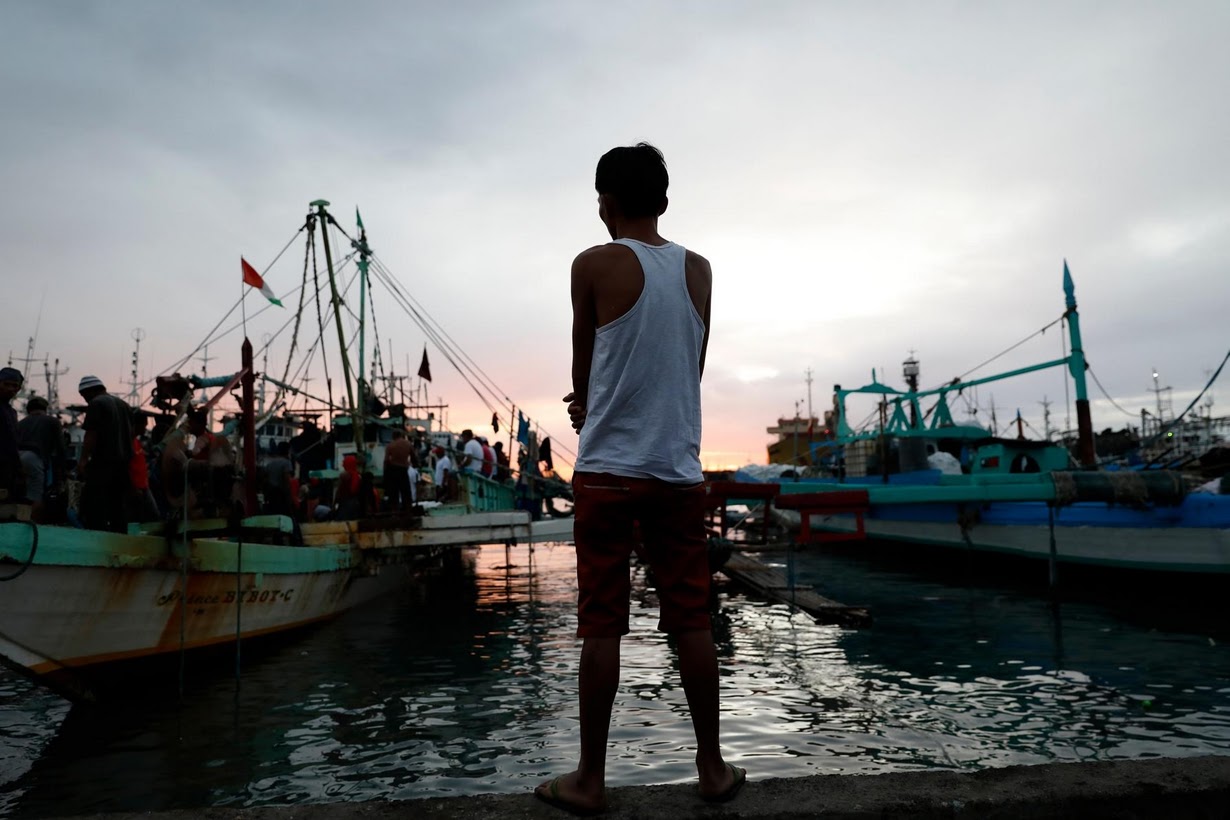
Too weak to work, he spends his days at the port waiting to beg for scraps of fish from returning boats.
His dream, he says, is to regain strength so he can work, and build a home for himself and his children in the Market 3 shanty town where they can live, free of drugs and the fear of police raids.
“My only concern now is for my four kids to have a different life,” he said.
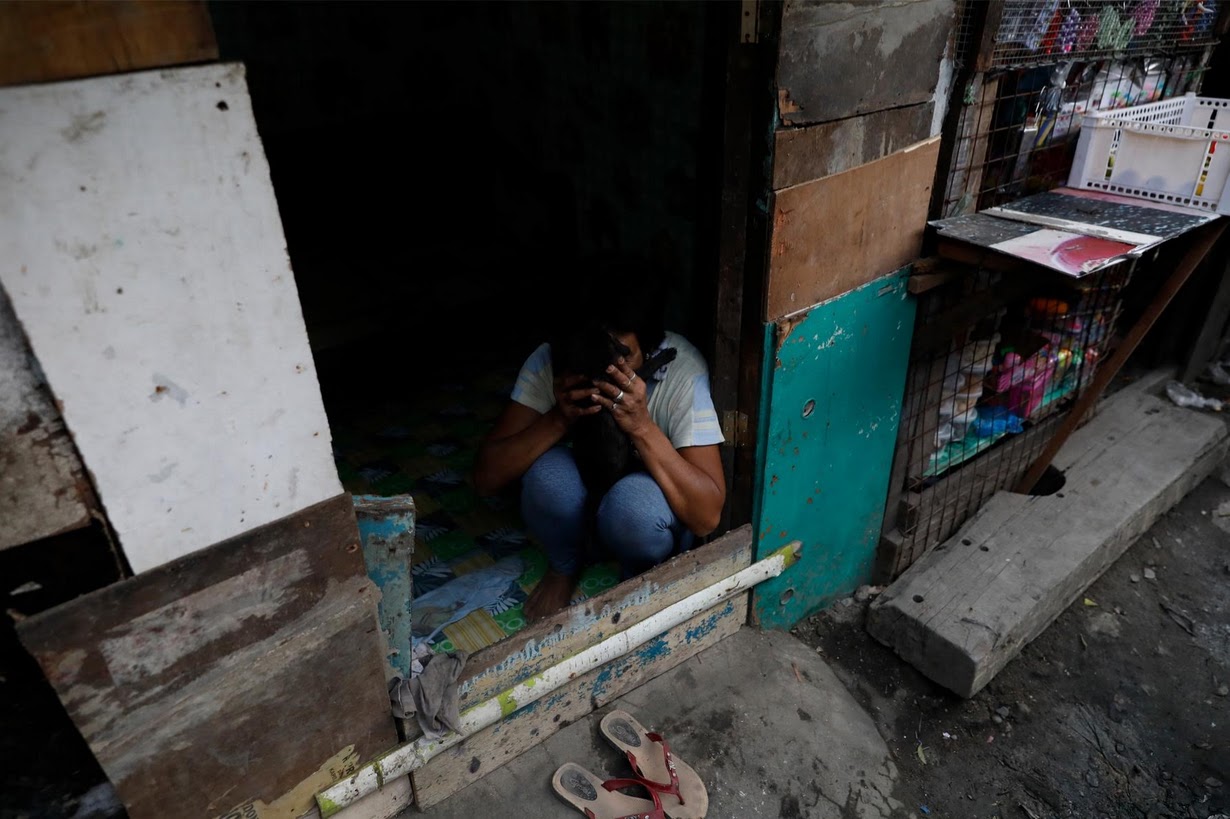
One woman in the community told Reuters that four of her seven children are in prison, three on drugs charges and one accused of murder.
Her youngest son was killed in June 2016 in what police said was a sting operation in which he was armed, and refused to go quietly, a typical description of the almost 4,000 cases in which police say a suspected drug dealer was killed.
Police in Navotas could not be reached for comment on the killings during their anti-drugs operations.
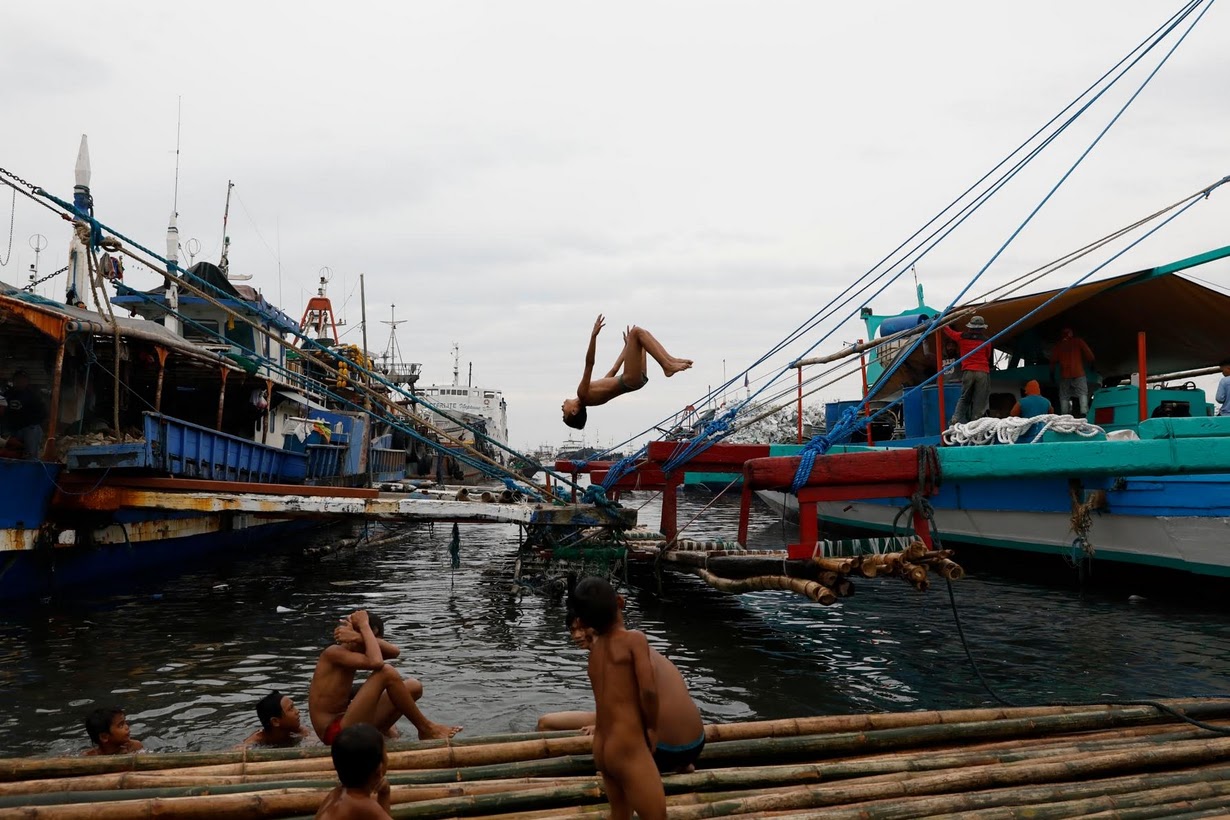
The woman, who asked for anonymity, is certain that police killed her son in cold blood while he was asleep, adding that she even heard them joke about it.
Reuters could not independently verify her account.





